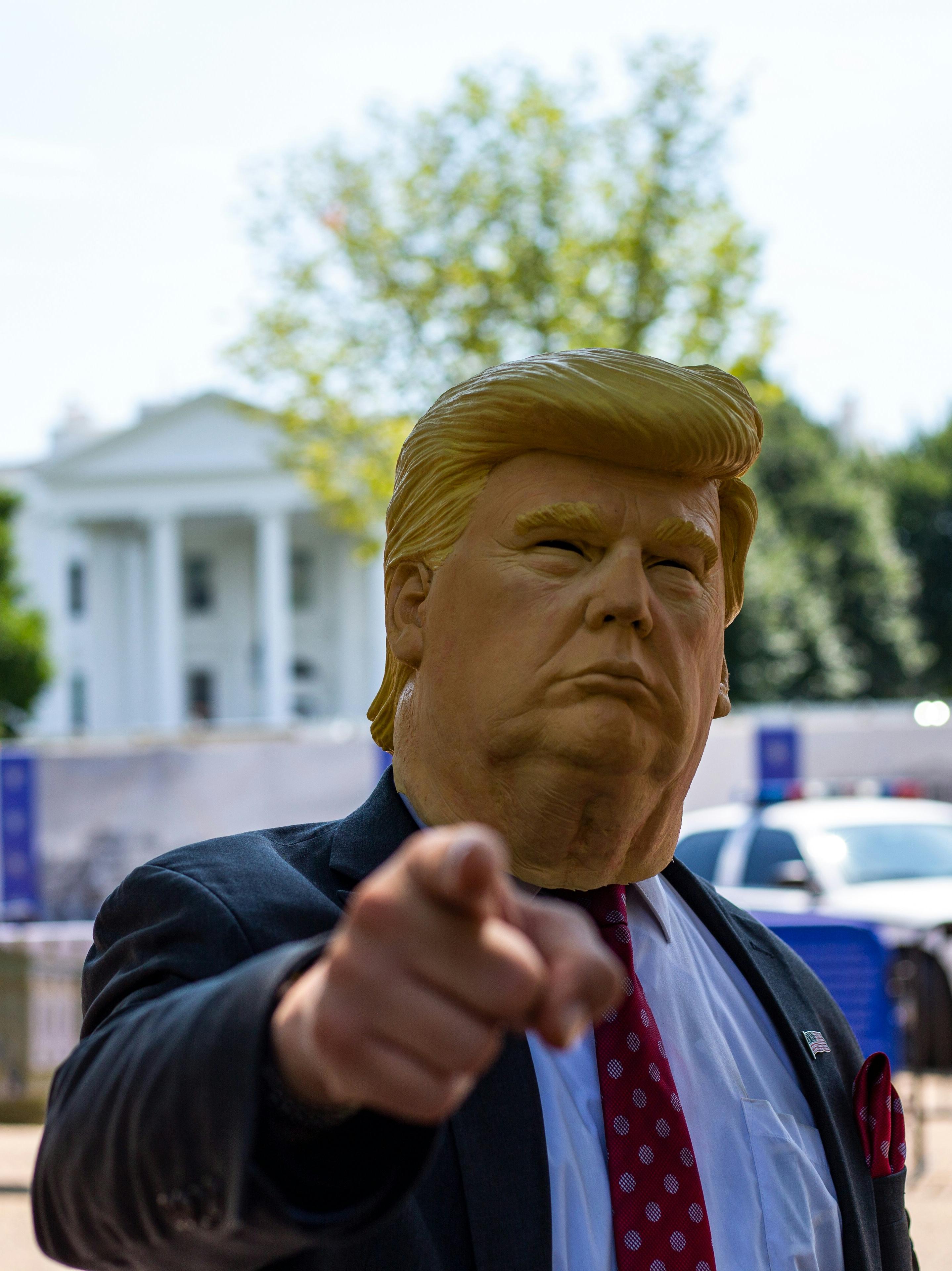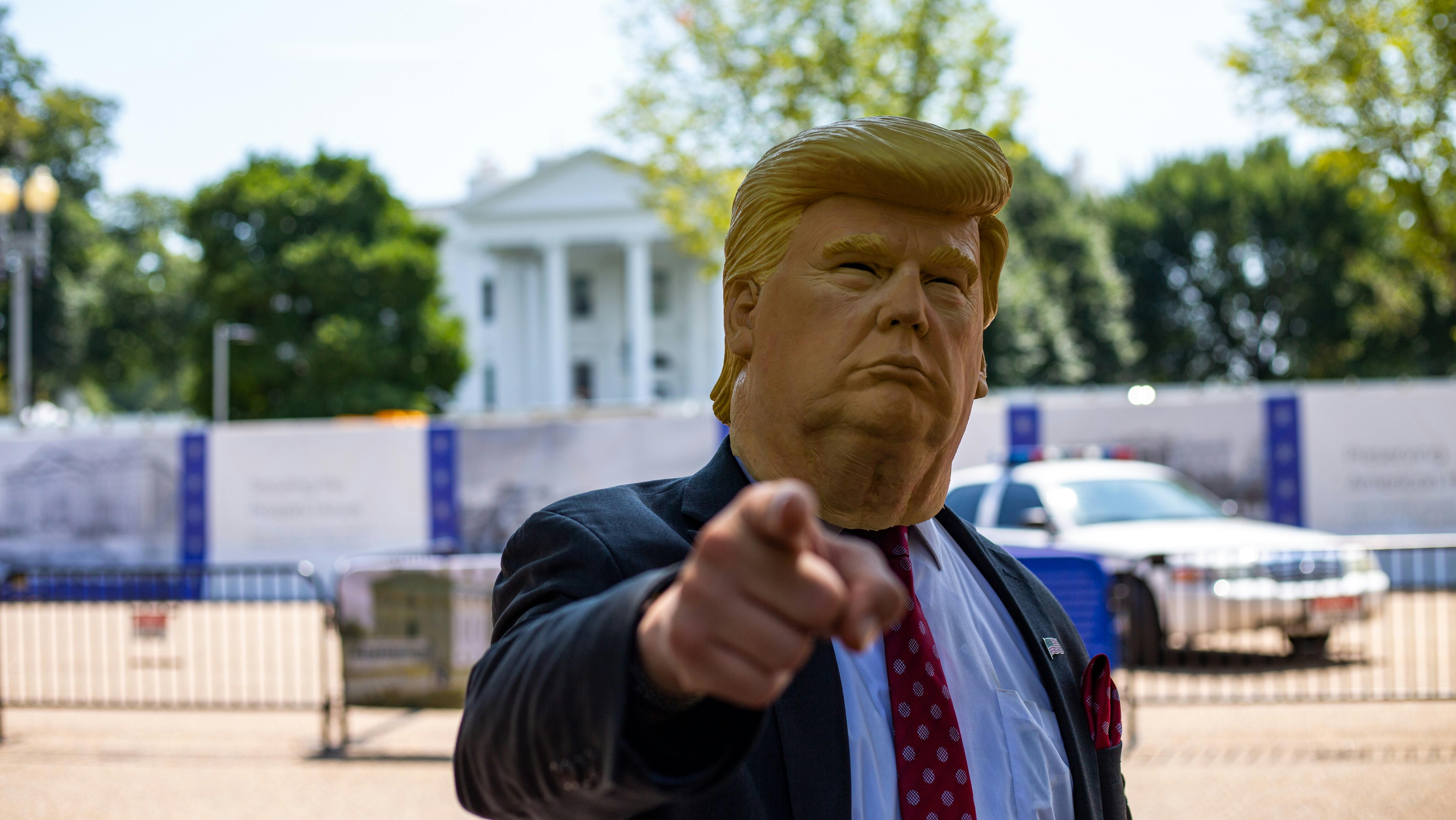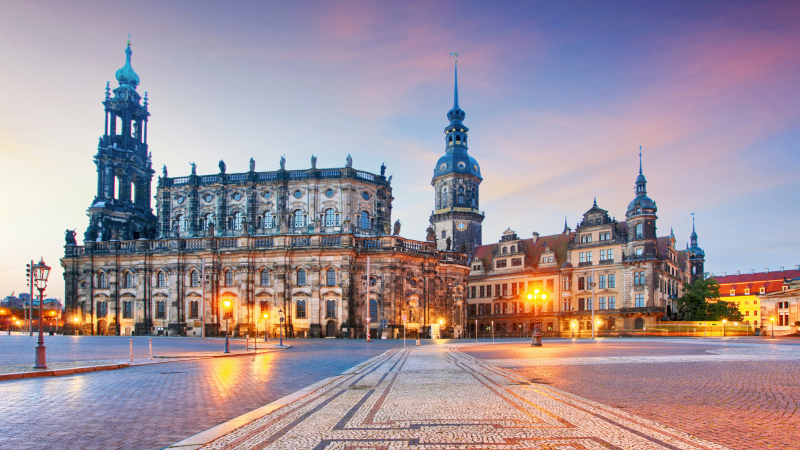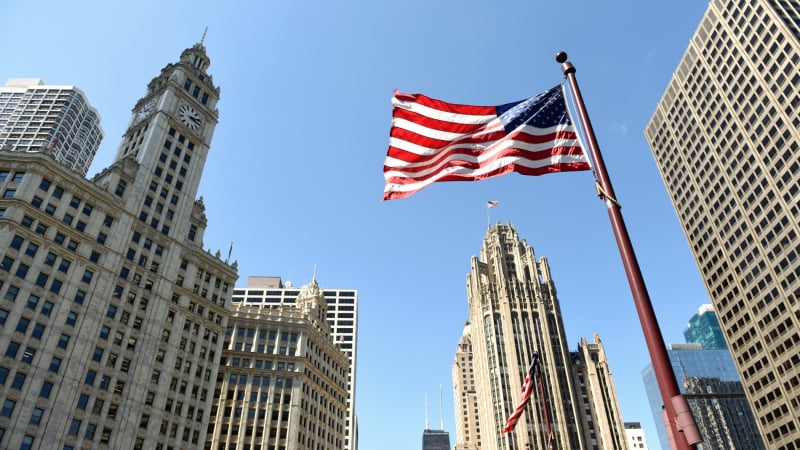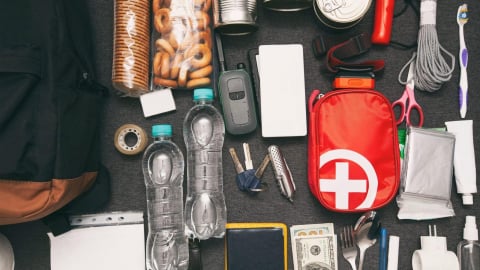For over 20 years in the tourism industry, Raj Gyawali, who runs a tour company specializing in Nepalese tours, has become all too familiar with cancellations due to illness or changes in plans. However, he recently witnessed an unprecedented case: an American customer canceled their trip simply because they felt unsafe traveling abroad under the current US administration.
"Many people feel awkward coming from a country where they have to constantly defend or apologize for the current situation," he shared, adding that this will significantly impact many countries and tourism in general.
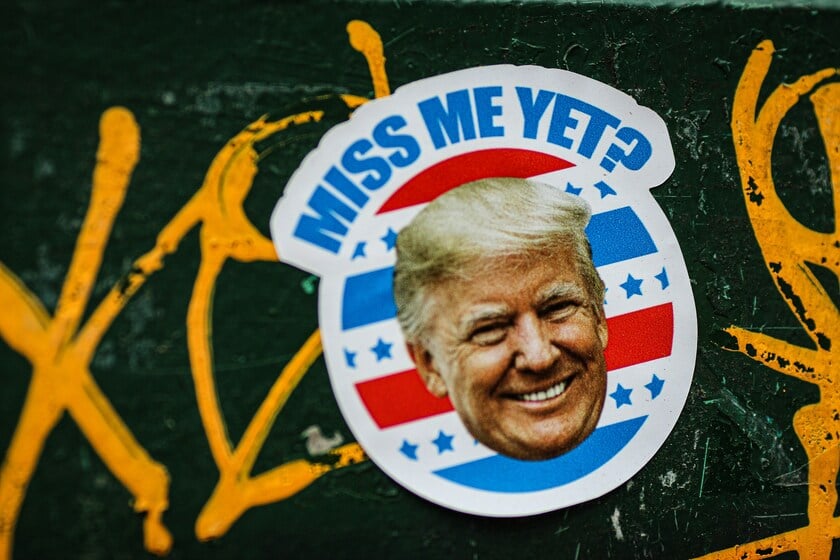
Trump's second term is creating significant upheaval in the international tourism industry.
The fear of having American citizenship when going out into the world.
A reluctance to be identified as American is spreading. As President Trump entered his second term, many Americans began to feel the shift in how they were perceived abroad. While previously his eccentric personality elicited laughter, things have become much more serious: his controversial policies on trade, immigration, the environment, and foreign policy have left Americans feeling like they carry a heavy political burden when they go out into the world.
Sierra Malone, a communications professional who used to live in the UK and is a passionate traveler, said she had never felt so nervous preparing for a long trip to Europe.
“Last time (during Trump’s first term) I just felt embarrassed. This time, it’s genuinely frightening,” she explained. “I haven’t been abroad since January, but just thinking about how the outside world is now, and wondering how people view Americans… honestly, the feeling of fear is there.”
This mindset isn't just emotional. Many tourists have started adjusting their clothing, speech, and even considering hiding their nationality. Some even joke that they want to carry a sign that says, "I'm American, but not that kind of American."
According to a report by a UK-based market research and data analytics firm, favorable sentiment toward the United States is significantly declining in many European countries. People in countries such as Denmark, France, Germany, Sweden, and the UK say they no longer see the US as a reliable partner, but are increasingly concerned about unilateral policies, strained diplomatic relations, and shocking statements from the White House.
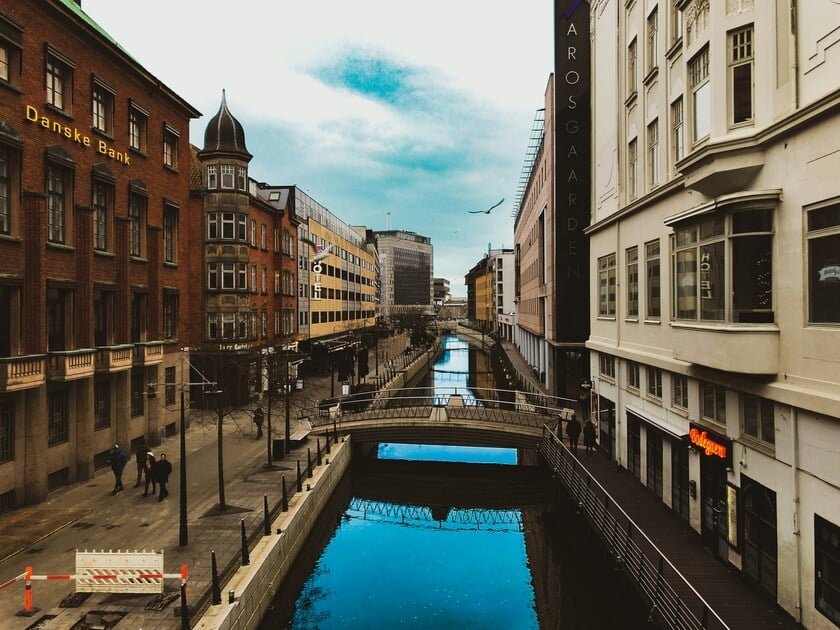
Denmark has the lowest percentage of positive assessments of Americans.
This has also affected how Americans are perceived when traveling. No longer the friendly, smile-filled visitors, many Americans now feel they have to "explain" their country's policies everywhere, from airports and restaurants to casual conversations with locals.
What are the options for traveling to the United States?
Lisa VanderVeen, an American woman who frequently travels abroad, shared that she feels conflicted: on the one hand, she fears becoming a target of criticism or discrimination, especially when traveling alone; on the other hand, she feels a responsibility to project a different image of an American – open, a good listener, and full of goodwill.
However, VanderVeen has no intention of avoiding interaction with locals when abroad. She believes that travel can open up opportunities for cultural connection, especially during turbulent times like the present. “People understand that we are just ordinary people, and certainly not all of us support what’s happening in our own country right now – especially when the world is seeing America as an increasingly unfriendly and unwelcoming nation,” she shared.
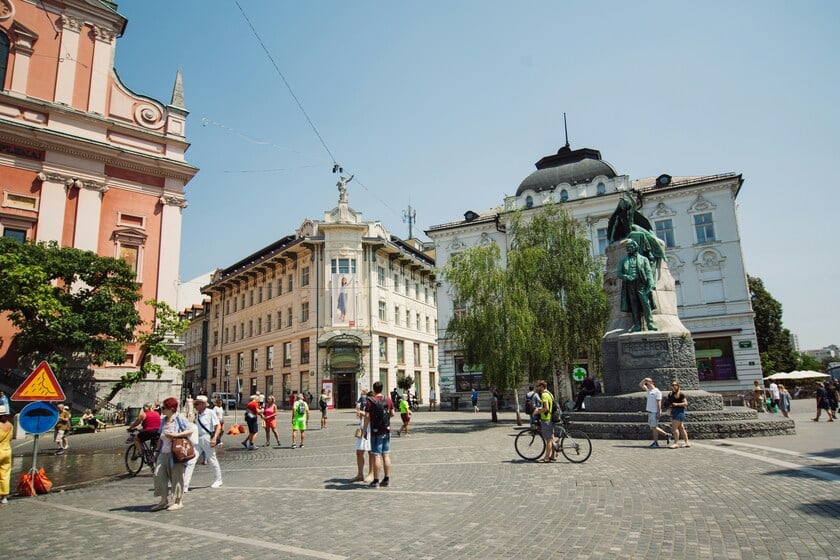
Tourism can open up opportunities for connecting cultures, especially in turbulent times like the present.
In light of this situation, many international travel agencies are also reassessing their strategies. Mr. Gyawali believes that instead of viewing this as just a temporary phase, the tourism industry needs to recognize it as a long-term trend and prepare contingency plans, from how to communicate with customers to how to build a suitable image and experience.
He also proposed several initiatives, such as establishing a group of tourism experts to collaborate on solutions. “The tourism industry tends to react passively, only responding when a crisis occurs. I think we need to be more proactive, anticipating potential problems.” Tourism must protect itself in a world affected by Trump.
Some experts also advise that American tourists should be more mindful of their behavior, dress, and conversation when abroad. Wearing clothing with national flags or expressing overtly political views can provoke unwanted reactions. Instead, humility, openness, and respect for local culture are key to a smooth trip in the current sensitive climate.
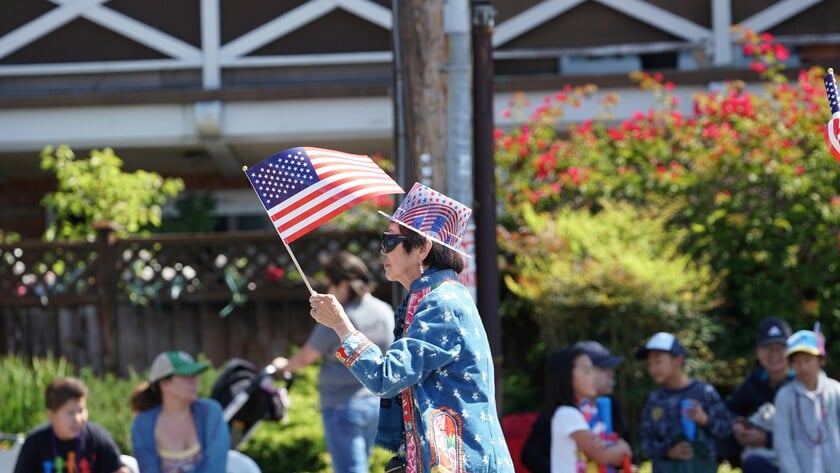
American tourists should be more mindful of their behavior, dress, and manner of speaking when traveling abroad.
Despite the somewhat bleak situation, many American travelers still believe that travel is an opportunity to break down stereotypes. Jessica Flores, Director of Experience at the non-profit organization Tourism Cares, which promotes sustainable tourism, emphasizes that empathy is always "key" when facing sensitive situations. "Try to understand the other person's deep-seated concerns and adjust your behavior as needed," she stresses. "Often, just kindness, patience, and a little genuine curiosity are enough to ease tension and open meaningful connections."

 VI
VI EN
EN



